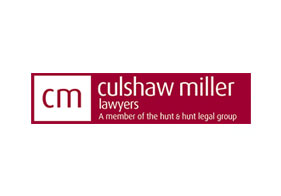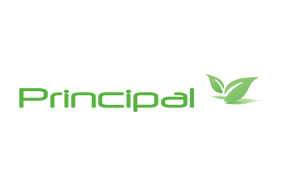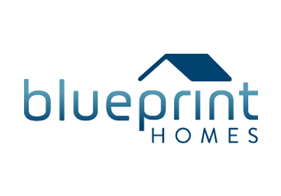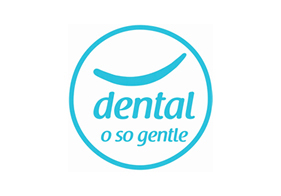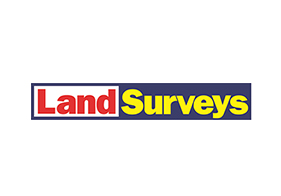If a dentist has a website, there are several ways in which they can get visitors to that website with a view to them hopefully signing up or at least making an enquiry about becoming a patient at that dental practice. One way is to pay a platform like Facebook, Instagram, or Google to send traffic to the website, usually on a pay-per-click basis, where they pay a fee for each person who clicks through to their website.
They may also utilise one or more of the dozens of social media platforms that exist, possibly by paying someone to post daily on those sites and to reply to comments. There is a third way that is highly effective and, if done correctly, can bring a lot more traffic to a dentist‘s website than any other means. That way is to have their website appear at the top of Google when someone types in a relevant search term.
The traffic this generates is known as organic traffic, and unlike pay-per-click, the dental practice does not pay for anyone who clicks through to their website. That all sounds great, but the obvious question which arises is “How does the website get to the top of Google?”. It is a question that has vexed not just dentists but also almost every business owner with a website.
The answer is search engine optimisation or SEO as it is usually called. This involves taking several actions to optimise a website so that Google recognises it as a website that should rank high for specific and relevant search terms. How they calculate this is a closely guarded secret, but much research has given us numerous clues as to what works.
Whilst we cannot possibly hope to give details of them all in a single article, we can at least provide a few actions relating to local SEO which have been proven to have the most positive effect on local website rankings, including those of dentists.
Keyword Research
Arguably, this has the potential to make the most difference to any local SEO campaign, What it will do is tell you what local people are searching for when they are looking for dental services in your area. As such, you can then ensure that all the subsequent local SEO actions you take to focus on these search terms so that Google knows your website should rank for them. Do this correctly, and you will be further ahead than around 90% of your competitors.
Publish Relevant And Useful Content
When Google is evaluating websites for rankings, one of the key issues is the content that is published on those websites. The better it is the more chance Google will boost rankings, especially if it finds both the keywords which may be entered on searches and if it induces visitors to remain longer on the website. Google has a passion for great user experience and rewards websites that provide it, so the better your content the more you satisfy Google’s ranking algorithm.
Focus On Local Not General
If you try to rank for generic terms like “top dentist” or “best dental practice” you have virtually no chance of ranking because you would be competing with just about every dental practice in the world, or at the very least, the country. However, if you target a local location such as a town or city suburb in those keywords, then you are competing only with local dentists and dental practices which narrows the field down enormously.
So, if you are a dentist whose target area is the northern suburbs of Perth, WA, for example, now you can optimise your website for searches by adding the likes of Wanneroo, Stirling, and Joondalup in content throughout your website. As such, your dental practice website has a much greater chance of not just being on the first page of search results, but being in the number one position which gets the vast majority of the traffic for the local search terms.





